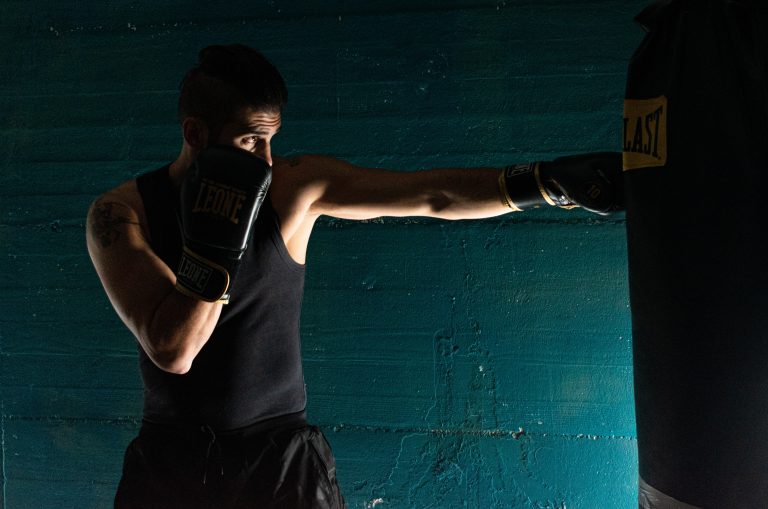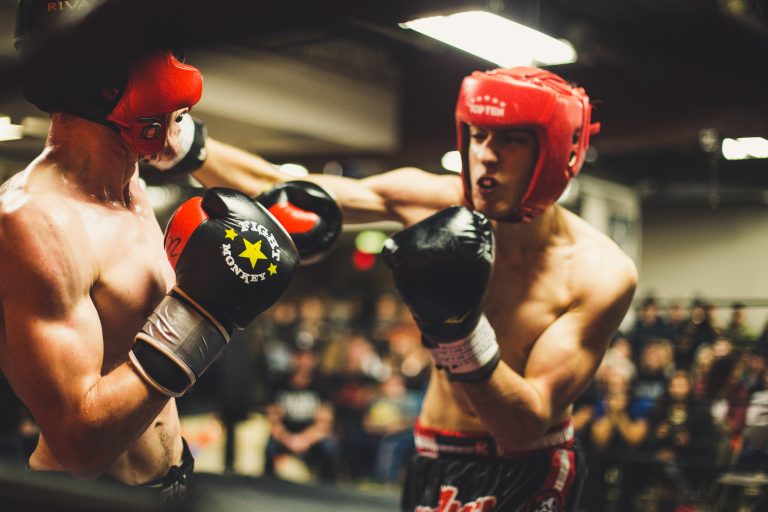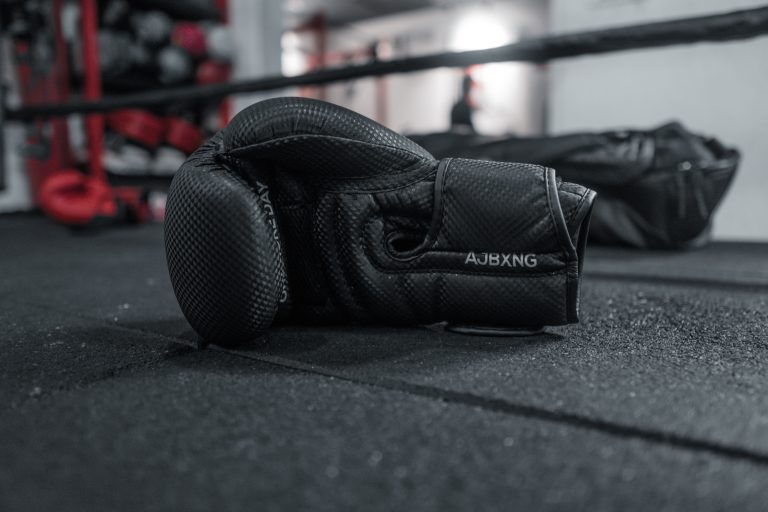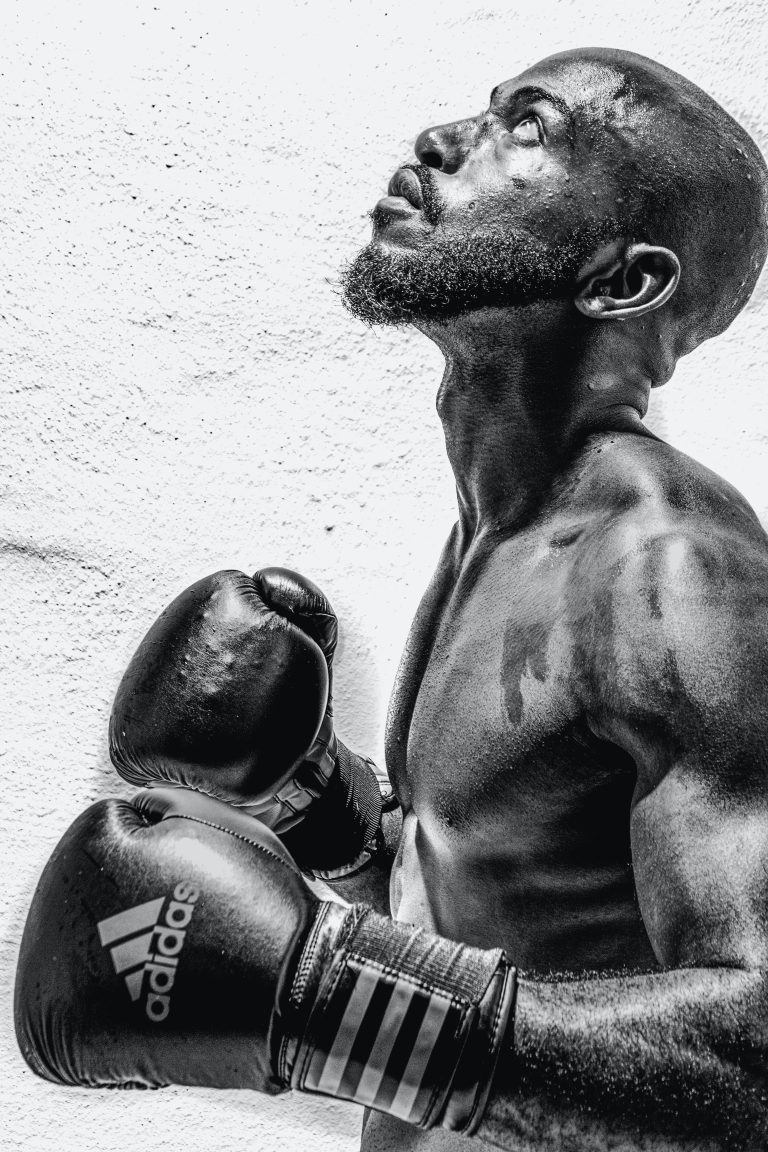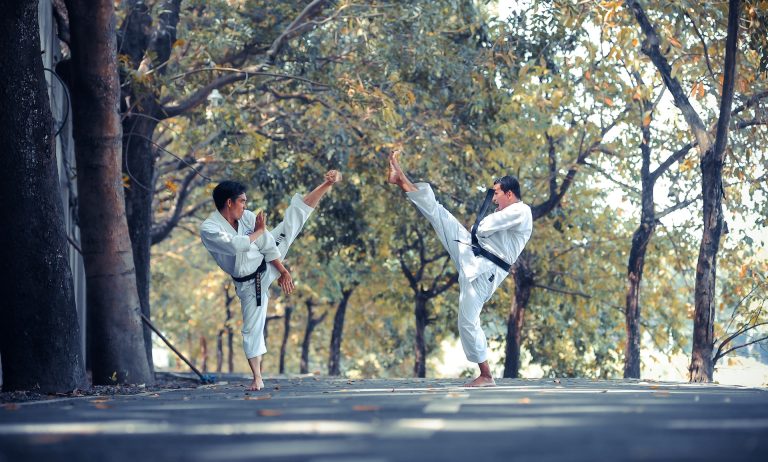How to Learn Karate Alone
Karate is a traditional Japanese martial art that involves the use of striking, blocking, and grappling techniques. It’s a discipline that requires patience, focus, dedication, and practice. Learning karate can be a great way to improve your physical fitness, mental health, and self-defense skills.
While there are many benefits to learning karate, you may not always have access to a martial arts school or a qualified instructor. That’s where learning karate alone comes in. In this article, we’ll explore some tips and techniques to help you learn karate on your own.
Understand the Basics
Before you start learning karate, it’s important to understand the basics. Karate is a complex martial art that requires a solid foundation in techniques, stances, and forms. Here are some key elements of karate that you should familiarize yourself with:
– Stances: Karate stances play a crucial role in your ability to perform techniques with proper balance and stability. Some common stances in karate include the front stance, back stance, horse stance, and cat stance.
– Techniques: Karate techniques involve striking, blocking, and grappling movements. Some basic karate techniques include punches, kicks, blocks, and throws.
– Forms: Karate forms, also known as kata, are pre-arranged sequences of movements that simulate fighting situations. Forms help you develop muscle memory, balance, and coordination.
Study Online Resources
There are many online resources available to help you learn karate alone. You can find instructional videos, tutorials, blog posts, and forums that cover a wide range of karate topics. Here are some popular online resources you can use:
– YouTube: YouTube is a great platform to find instructional videos that teach you the basics of karate. You can search for specific techniques or forms and follow along with the video.
– Online courses: There are many online courses that offer structured lessons in karate. These courses may include video tutorials, quizzes, and feedback from instructors.
– Forums: Karate forums are an excellent place to connect with other practitioners and receive advice on your training. You can ask questions, share your progress, and get feedback on your techniques.
Use a Mirror
One of the biggest challenges of learning karate alone is not having someone to give you feedback on your techniques. One way to overcome this is by using a mirror to check your form and technique. Practicing in front of a mirror allows you to see your own movements, identify areas that need improvement, and make adjustments accordingly.
Practice Consistently
Learning karate alone requires commitment and consistency. You should aim to practice regularly, even if it’s just for a few minutes a day. Set realistic goals for yourself and track your progress to stay motivated. It’s also important to practice good self-care habits like staying hydrated, eating well, and getting enough rest.
Attend Workshops and Seminars
While it’s possible to learn karate alone, attending workshops and seminars can greatly enhance your learning experience. These events bring together practitioners from different backgrounds and skill levels, and offer opportunities to learn from experienced instructors. You can also get feedback on your techniques and form from other practitioners.
Final Thoughts
Learning karate alone can be a rewarding and fulfilling experience if you approach it with dedication and patience. By understanding the basics, utilizing online resources, practicing with a mirror, and attending workshops and seminars, you can develop your skills as a karate practitioner. Remember to practice regularly and stay motivated, and you’ll be well on your way to mastering the art of karate.
FAQs on Learning Karate Alone
Many individuals are interested in learning martial arts, especially karate. It’s no surprise that the art of karate is known worldwide and has gained popularity for its physical and mental benefits. Nowadays, some people cannot attend karate classes due to financial constraints, lack of time, or other reasons. However, this does not mean that they can’t learn karate at all.
In recent times, people have been curious about „how to learn karate alone.“ This article serves to provide answers to some of the frequently asked questions on the topic.
Is it possible to learn karate alone?
Yes, it’s possible to learn karate alone, but it comes with its challenges. When you learn karate alone, you miss the opportunity to learn self-defense techniques from an experienced martial arts instructor. However, with dedication, focus and discipline, it’s possible to learn karate by yourself.
How can I learn karate alone?
To learn karate by yourself, you have to utilize a variety of resources. These include:
Online resources:
There are numerous online resources that you can use to learn karate by yourself. You can watch YouTube videos or enroll in online karate courses. These resources can be helpful in learning the basics of karate.
Books and manuals:
Books and manuals can be a great resource for learning karate. They provide a broader detail into the various techniques, forms, and movements of karate. They can also explain the philosophies behind karate and the principles of martial arts.
Practice:
The key to learning karate alone is practice. You need to create a consistent practice schedule and stick to it. You can start with basic movements such as punches, kicks, and blocks before heading to more advanced techniques.
Can I learn karate alone without prior martial arts experience?
Yes, you can learn karate alone without prior martial arts experience. It would be best to start with the basics such as stances, footwork, punches, and kicks. You can then move on to more advanced techniques such as katas, forms, and sparring techniques.
What are the risks of learning karate alone?
While it’s possible to learn karate alone, there are risks involved. The most significant risk of learning karate alone is the lack of guidance from an experienced instructor. Attempting advanced techniques without proper guidance can lead to injury, and you may not be able to correct wrong techniques.
Are there any online karate classes for beginners?
Yes, several online karate classes cater to beginners who want to learn karate. However, when choosing an online class, it’s vital to do thorough research and ensure that it’s from a reputable source.
Is it possible to get a black belt through self-training?
Yes, it’s possible to get a black belt through self-training, but it’s not easy. It requires discipline, focus, and dedication to the practice. You also need to maintain a high standard of technique and demonstrate that you’ve mastered the skills required to earn a black belt.
How long does it take to learn karate alone?
The time it takes to learn karate alone depends on the individual’s dedication, discipline, and practice schedule. It can take several years to master the techniques required to earn a black belt. However, consistent practice and adherence to the principles of martial arts could speed up the learning process.
Introduction
Karate is a martial art that is widely respected for its power, discipline, and grace. It is an art that requires commitment, dedication, and patience to master. Many practitioners are introduced to karate through formal training in dojos or karate schools, but some individuals may not have access to such facilities or may prefer to learn the art on their own. In this blog post, we will provide a detailed guide on how to learn karate alone.
Step 1: Understand the basics
Before diving into the physical aspects of karate, it is important to understand the fundamentals. This includes learning about the different stances, blocks, punches, and kicks involved in karate. A simple online search can provide you with a wealth of resources on karate basics, but we recommend using credible sources such as books written by experienced karate practitioners or instructional videos created by reputable karate organizations.
Step 2: Create a training plan
Once you have an understanding of the basics, it is important to develop a training plan that suits your schedule and ability level. A typical karate training session includes warm-up exercises, practice drills, and cool-down stretches. Depending on your goals, you may want to focus on particular aspects of karate such as improving your balance, speed, or power. It is important to start with simple exercises and gradually progress to more complex ones as you build endurance and strength.
Step 3: Find a suitable training area
When it comes to practicing karate, it is crucial to have enough space to perform movements without any hindrances. Find a spacious area in your home or outdoors where you can practice without any interruptions. It is also important to ensure that the area has a smooth, flat surface that is free from any sharp or uneven objects that may cause you harm.
Step 4: Invest in appropriate equipment
Although karate requires minimal equipment, investing in the right gear can make a big difference in your training. The most essential equipment includes a karate uniform (gi) and protective gear such as gloves, shin guards, and a mouthguard. A punching bag or training dummy can also be useful for practicing strikes and kicks.
Step 5: Practice, Practice, Practice
Like any other martial art, karate requires consistent and regular practice to improve. Celebrate small achievements, such as mastering a particular technique or increasing the number of repetitions, to stay motivated. Practice drills that focus on different techniques and movements, and work on improving your form and posture. It is best to practice in front of a mirror to observe and correct your form.
Step 6: Join a karate community
Learning karate alone can be a challenging task. Joining a karate community, either online or offline, can provide motivation, support, and an opportunity to learn from experienced practitioners. Online forums, social media groups, and instructional videos hosted by reputable karate organizations are some options worth exploring. Attending seminars, workshops, and tournaments can also expose you to new techniques and provide an opportunity to meet other karate enthusiasts.
Conclusion
Learning karate alone may seem daunting, but with proper guidance, dedication, and hard work, it can be a rewarding experience. By focusing on the fundamentals, creating a solid training plan, finding a suitable training area, investing in appropriate gear, practicing regularly, and joining a karate community, you can make significant progress in mastering this art form. Remember, karate is not just a physical exercise but also a mental and spiritual one that requires patience, discipline and respect.
Inhaltsverzeichnis

